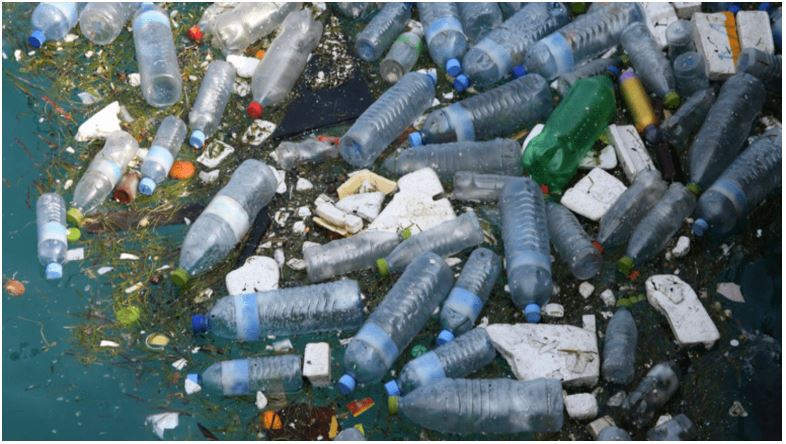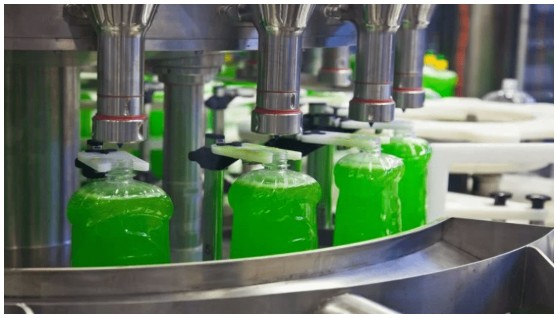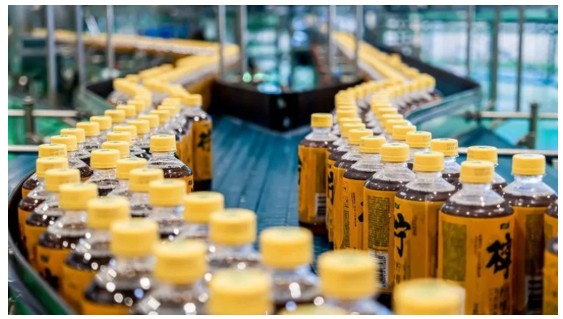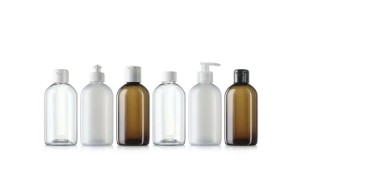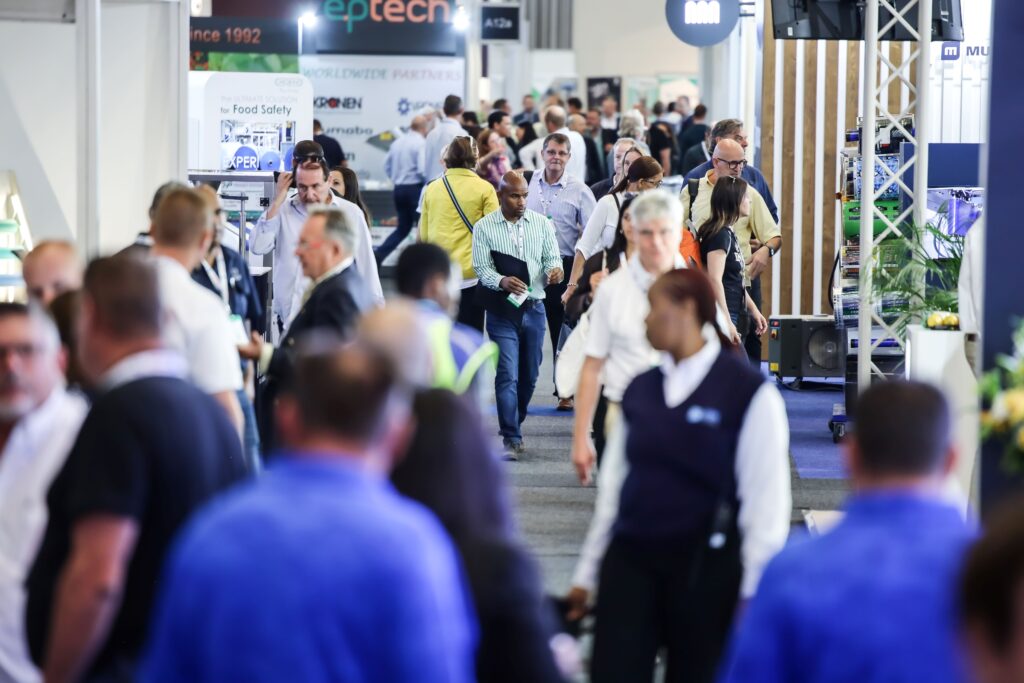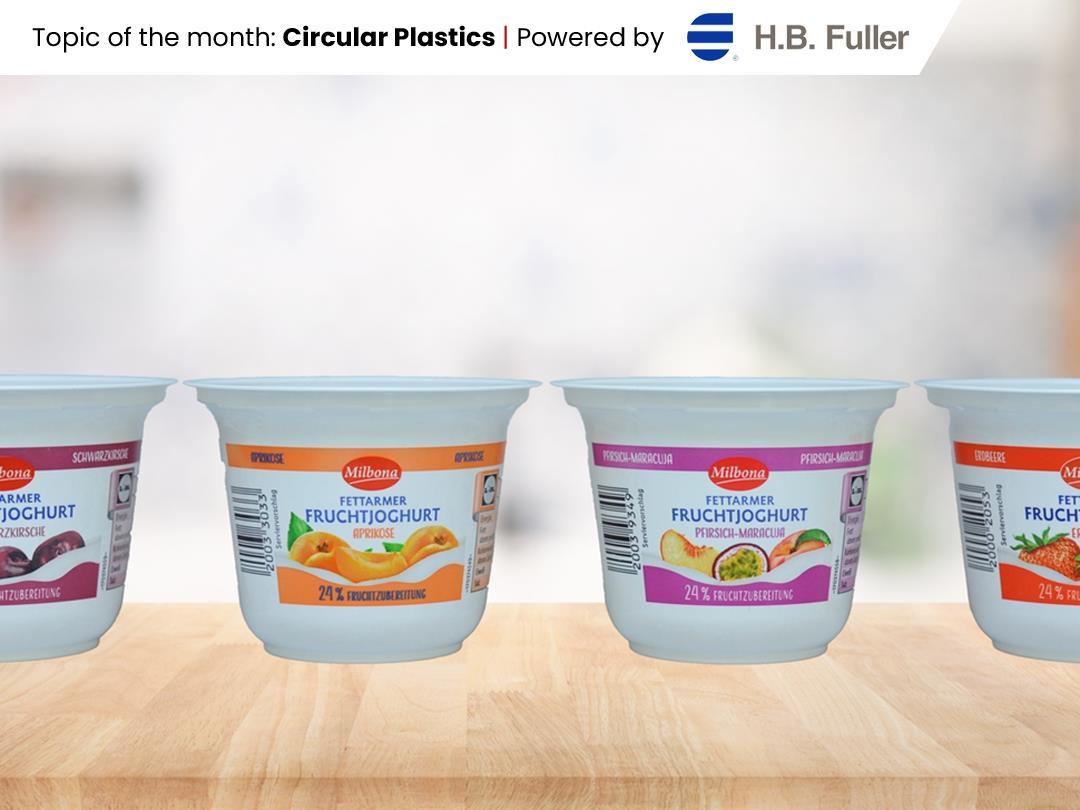KENYA – Non-profit social enterprise, Enaleia has partnered with ClimeCo to tackle plastic pollution in Kenya via a plastic collection project producing plastic credits under Verra.
This partnership will support Enaleia’s newest project in Kenya, contributing to the generation of plastic credits through Verra.
With additional funding from ClimeCo and the sale of the credits, Enaleia estimates they will collect 1,000-3,000 tonnes of plastic annually in Kenya.
The two firms are collecting plastic on land and in the ocean to reduce pollution and improve marine biodiversity conservation.
Chris Parker, ClimeCo’s Director of Plastic Program said: “A plastic credit is an environmental commodity that represents the collection or recycling of one tonne of plastic material, which can be used in companies’ ESG, CSR, and sustainability programs. Our approach is to create a system solution to the ocean plastic challenge.”
Enaleia, along with other professional entities that are experts in sustainable development, are collaborating with ClimeCo and the Kwale Recycling Center in Kenya to make sure that the plastic will not only be collected but also integrated into the circular economy.
The Kenya project supports over 350 fishers in Kwale County by empowering them to collect abandoned nets, gear, and marine litter.
This number will increase to 800 people from the coastal communities in the following months.
The waste is then taken to Kwale Recycling Center, a local collection and recycling company that transports and processes it into useful materials and products.
“Through the plastic credit model, we can set up large-scale plastic cleanup projects that can create a real impact on our oceans,” said Lefteris Arapakis, Enaleia’s Co-Founder and Director.
“Taking into consideration that around 20% of ocean plastic is lost fishing gear, by empowering the fishing communities at this scale, we can not only clean up significant amounts of plastic but also prevent further ocean plastic pollution.”
This project incentivizes and encourages the fishing community to use more sustainable fishing practices, including the reduction of overfishing by pausing and limiting their fishing activities while collecting plastic.
It also provides a supplemental source of income to an area experiencing some of the highest poverty rates in the country.
Source:

